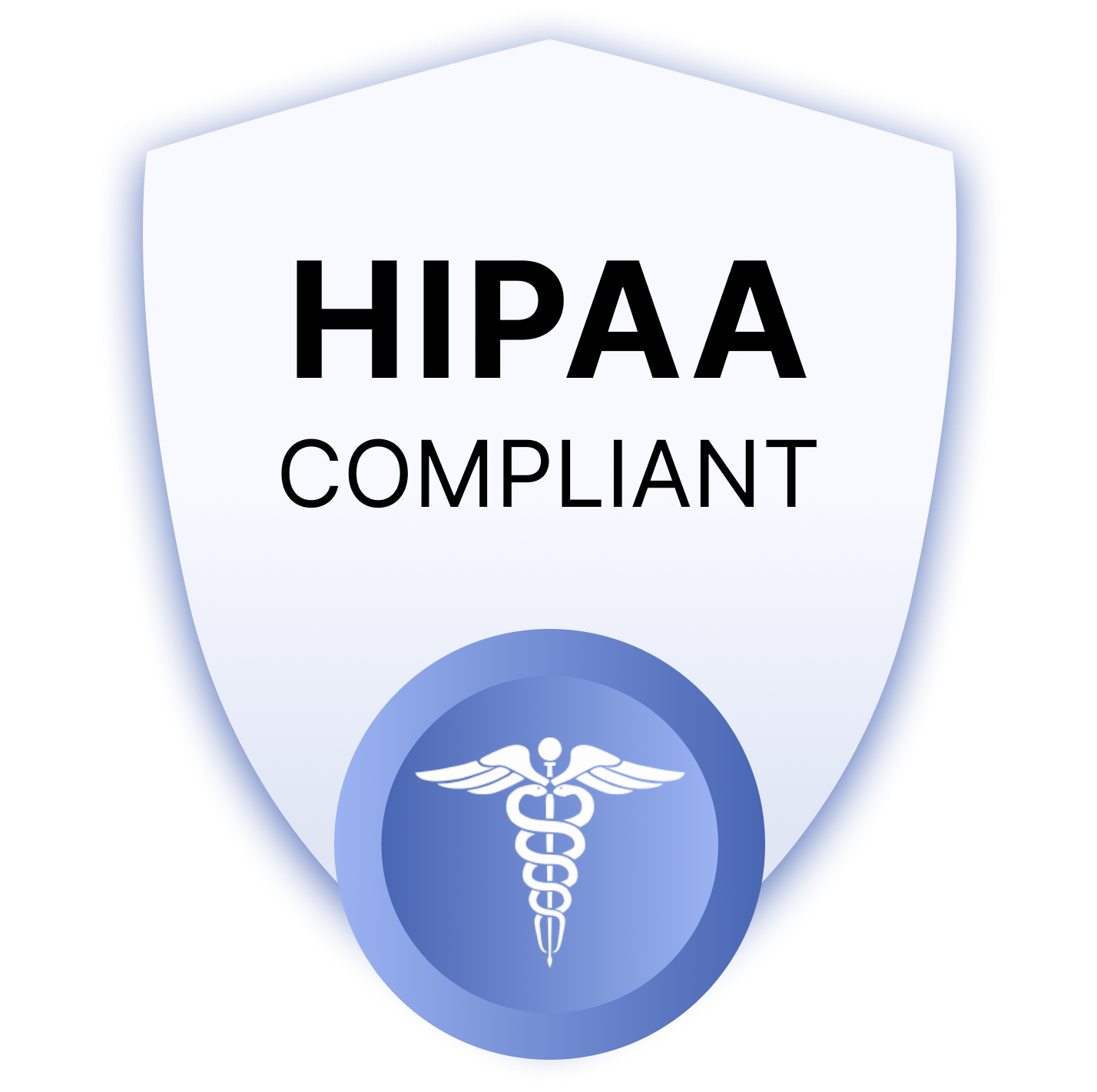Is Doximity HIPAA Compliant? How to Check (2026 Update)

✅ Doximity states on their official website that they are a HIPAA compliant Communications software suitable for use in healthcare.
Doximity.com is a platform that aims to connect healthcare professionals and offers features such as secure messaging, a directory of medical professionals and telehealth and scheduling tools to streamline healthcare services.
They state on their website that Doximity is HIPAA compliant which is clearly a positive sign, but the Health Insurance Portability and Accountability Act (HIPAA) legislation states that you can’t stop here and you need to thoroughly vet the vendor.
According to the HIPAA rules for Covered Entities and Business Associates:
'If a covered entity engages a business associate to help it carry out its health care activities and functions, the covered entity must have a written business associate contract or other arrangement with the business associate that establishes specifically what the business associate has been engaged to do and requires the business associate to comply with the Rules’ requirements to protect the privacy and security of protected health information. In addition to these contractual obligations, business associates are directly liable for compliance with certain provisions of the HIPAA Rules.'
Below we provide some general guidelines on how to first quickly screen this vendor for the HIPAA compliance fundamentals, and if all initial checks pass successfully, then to proceed and do your own in-depth audit to ensure that this vendor will qualify as your HIPAA-compliant Business Associate.
Keragon
Quick Check on HIPAA Compliance Fundamentals for Doximity
A. Does Doximity claim to be HIPAA compliant?
✅ They communicate they are HIPAA compliant which is a positive sign, as they legally commit from their side using such public statements.
'Yes, the Doximity platform allows healthcare professionals to securely communicate while maintaining compliance with the Health Insurance Portability and Accountability Act of 1996 (HIPAA), as amended by the Health Information Technology for Economic and Clinical Health Act (HITECH). All Doximity employees and contractors who work on our systems that facilitate healthcare communications are required to complete ongoing HIPAA and security training.'
Source: Doximity's Help Center
B. Does Doximity sign a Business Associate Agreement (BAA)?
✅ They state they will sign their standard BAA with covered entities/business associates, which is again a good sign because if they don’t sign a BAA then it’s a deal-breaker for HIPAA compliance.
'Doximity includes a BAA with each member and Enterprise BAAs are available to health system clients.'
Source: Doximity's Help Center
C. Does Doximity claim they take measures to keep patient data private & secure?
✅ They publicly outline various of the privacy & security safeguards they have in place, but these can be very broad statements and you need to check the low level details here.
'Doximity’s team of security professionals ensures that our platforms and data are always protected by being SOC 2 Type 2 and HIPAA/HITECH certified.'
Source: Doximity's Help Center

Vendor Audit for Checking if Doximity is HIPAA Compliant
There is no one-size-fits-all set of requirements when selecting a 3rd party vendor as one of your HIPAA-compliant Business Associates, but here are some general guidelines:
1. Eligible Plan
First, you need to determine on which plans they offer HIPAA compliance and whether pricing makes sense for you:
- We enter into a Business Associate Agreement with each individual user upon registration. Additionally, we include an institutional BAA as part of our enterprise solutions.
Source: Doximity's Security Statement
2. Legal Contracts
Then, you need to carefully review & sign their legal contracts, especially their Business Associate Agreement and Terms of Service (ask them for the latest versions - in some cases, you might need to sign an NDA):
3. HIPAA Safeguards
After that, you need to determine if they have implemented appropriate HIPAA safeguards in order to comply with the 3 HIPAA rules:
- HIPAA Privacy Rule: Ensure patient confidentiality, keep track of disclosures, disclose minimum amount of information, notify individuals of the use of their ePHI etc.
- HIPAA Security Rule: Implement & maintain administrative, physical & technical safeguards to protect patient ePHI such as having a disaster recovery plan, annual penetration tests etc.
- HIPAA Breach Notification Rule: Report on data breaches within the required timeframe & to the appropriate regulating body/affected individuals/media, as applicable.
In order to make this determination, you can:
- ask them for any externally-audited security certification they might have (i.e. SOC2 Type 2, HITRUST, ISO 27001 etc)
- review any publicly-shared security & privacy statements and ask them questions
- send them a Vendor Security Questionnaire
4. PHI Access
At the same time, you need to also review their auditing/logging capabilities for all activity related to electronic Protected Health Information (ePHI) access.
5. Re-assessment
Finally, at least once a year, reassess whether or not the vendor is still in compliance with HIPAA.
Source 1: U.S. Department of Health & Human Services HIPAA Privacy Rule Guidance Material
Source 2: U.S. Department of Health & Human Services HIPAA Security Rule Guidance Material
Final Remarks on Doximity’s HIPAA Compliance Status
HIPAA compliance has no one-size-fits-all vendor assessment methodology but we have covered here various best practices on how to thoroughly evaluate Doximity for HIPAA compliance, so that they can be eventually trusted to process or store your sensitive patient data.
Regardless of the above, for all your 3rd party vendors, you need to follow the fundamental HIPAA principle and always disclose to them the 'minimum necessary' information, which means only disclosing the amount of PHI you absolutely have to.
If you follow the 'minimum necessary' principle and you regularly evaluate your 3rd party vendors for their commitment to the HIPAA standards while having solid Business Associate Agreements with them in place, then you can minimize the risk of a potential HIPAA violation and decrease the probability of a damaging data breach happening in the first place.
DISCLAIMER:
The above is provided for informational purposes only and in order to help encourage adoption of security & privacy best practices for handling sensitive patient data. It does NOT constitute legal or healthcare advice in any way. The information presented here has been collected either from publicly available information or through direct email communication with the company, and everyone needs to perform their own independent HIPAA compliance audit before selecting any 3rd party vendor as their Business Associate that will process any type of their Protected Health Information (PHI). Keragon Inc is not liable for any damage or liabilities arising out of or connected in any manner with information found on this page.
HIPAA Checker









